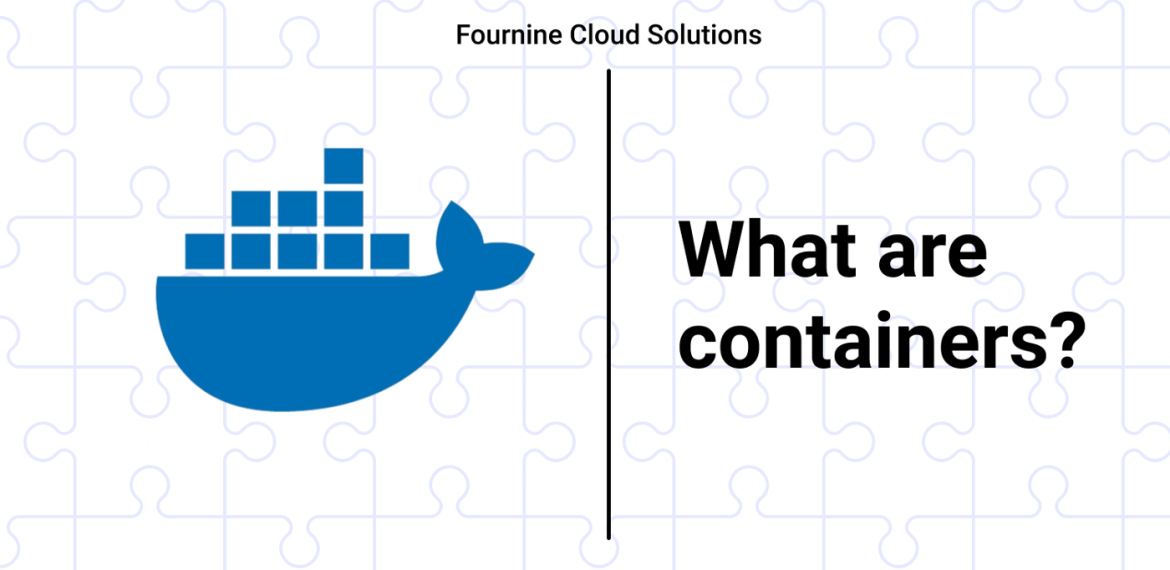
What are containers?| Benefits|Use Cases
What are containers?| Benefits|Use Cases
A container is a standard package of software that bundles an application’s code together with related libraries and dependencies to run the app.
Containers are nothing new to us, these are just like the ones used by shipping industries used to isolate cargos, software development technologies increasingly use an approach called containerization. Containers are small, fast, and portable because unlike a virtual machine. While using containers, you can use features and resources from host OS rather than including Guest OS in every instance.
Containers Vs VM’s
When we think about virtualization, we remember Virtual machines very often. But virtualization can take many forms, in which containers are one of those.
VM’s have many benefits, these include the ability to run different operating systems in the same server efficiently and cost-effectively. In Virtualization, whether it is in on-premises or cloud, a hypervisor is used to virtualize hardware. Each VM has its own Guest OS, libraries, applications and more making it quite large.
But in containers this scenario is different. Container virtualizes the underlying host OS, which causes the containerized application to perceive that it has OS, file systems and network connections. Since these containers, share OS makes them light weight and there is no need to boot an OS or libraries compared to VM’s.
Benefits of containers
The primary advantage of containers, especially compared with VM’s, is that they are lightweight and portable.
- Portability
Containers provide a standardized format for packaging and holding all the components necessary to run the desired application. This enables portability between OS platforms, between clouds, and even between development environments. Any time you deploy to any of these environments, anywhere.
- Light weight
Containers share the host OS kernel by eliminating the need for a full OS instance per application. This makes container files small and easy on resources. Their smaller size, especially compared to virtual machines, means they can spin up quickly and better support applications that scale horizontally.
- Rapid scalability
The lightweight nature of containers means they can be started and stopped quickly, unlocking rapid scale-up and scale-down scenarios.
Use cases:
- Microservices
Containers for microservices is match made in heaven due to its light weight and small. Complex applications can be developed and deployed independently in smaller services
As containers are small and lightweight, this makes them a good match for microservices. Where complex applications are constructed of smaller deployable services
- Hybrid and multi cloud
The ability to run consistently on any environment makes containers an ideal option. They are an underlying architecture for hybrid cloud and multi cloud.
- Migration
One of the most common approaches to application modernization involves containerizing them so that they can be migrated to the cloud.
How do Docker and Kubernetes tie-in with containers?
People involved in these container environments usually come across these two tools used to build and manage containers.
Docker is used to create and build software inside containers. It can be used to deploy containerized applications or software in multiple environments. It uses Docker images (copy-on-write snapshots) to deploy containerized applications.
Sometimes, we need to run a hundred to a thousand of separate containers in production. During this, we need another tools to manage or orchestrate all these containers.
Kubernetes is one of the most popular container orchestration tool in market. It recognizes many container runtimes, including docker. This kind of orchestration tools not only help to manage any containers, but also makes it easier to automate and scale containerized applications.
Check out our blog on Reasons and benefits to adopt Kubernetes to know more about Kubernetes
Looking for modernizing your application with containers? Head over to fourninecloud.com, and we’ll help you discover the value of containerization and its potential

